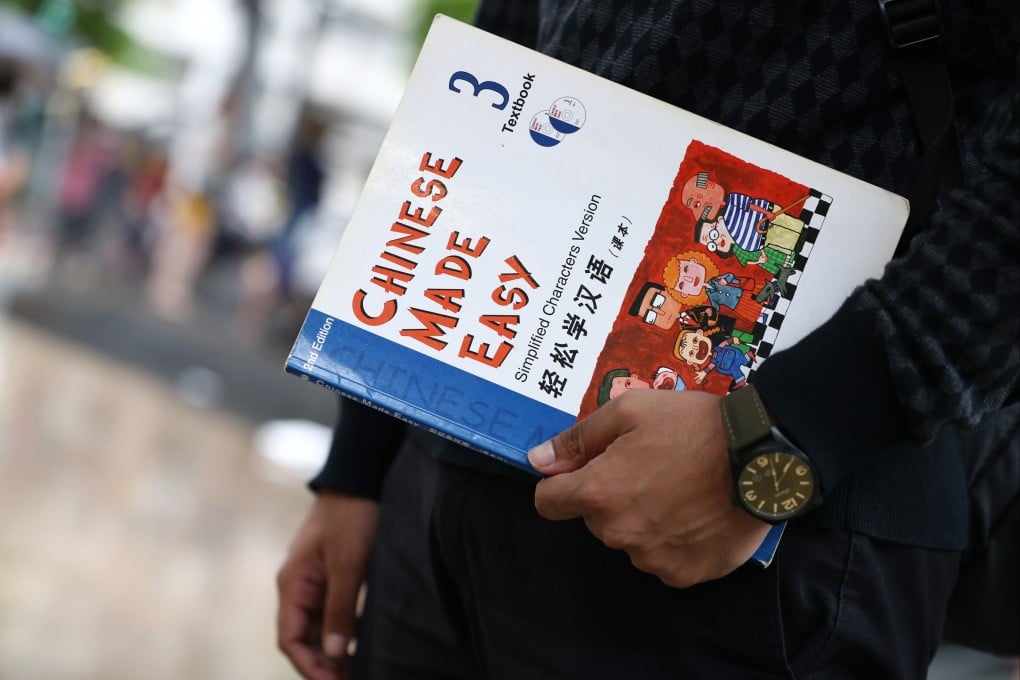Advertisement
Opinion | Hong Kong must overhaul Chinese-language learning to give ethnic minorities a fair chance
- Ending racial discrimination is not about ignoring the differences but recognising them, such as how non-native Chinese learners pick up the language differently
- The barriers to Chinese proficiency put ethnic minorities at a disadvantage and must be addressed at the systemic level
Reading Time:3 minutes
Why you can trust SCMP
6

The Equal Opportunities Commission’s (EOC) theme for this year’s International Day for the Elimination of Racial Discrimination, held on March 21, is a lofty one – “All Races As One”. It may sound simplistic but requires nuanced understanding. It is not implied that differences in people should be ignored due to their race. That would be a huge mistake.
Advertisement
Instead, the message being conveyed is one of being culturally sensitive, which means being aware that cultural differences and similarities between people exist but without assigning them a value – positive or negative, better or worse, right or wrong.
Racial discrimination comes in many forms and shapes. From in-your-face racist hate to blink-and-miss-it microaggressions, racist behaviour runs the whole gamut. Somewhere in the spectrum sit the structural issues that put people of certain races at a disadvantage. These are perhaps the hardest to change.
In Hong Kong, an unresolved and complicated issue that leads to unequal opportunities among non-Chinese, particularly young people, is related to education, specifically learning the Chinese language.
This is a structural issue that calls for a systemic solution. It cannot be handled at the individual, school or even community level. The EOC has repeatedly called for a comprehensive curriculum, to teach Chinese as a second language, to be put in place, to give non-Chinese students an equal shot at gaining a practical level of language proficiency that enables them to have more job opportunities.
Advertisement
The current options for Chinese-language learning go from the most popular international qualifications, which are completely inadequate for the Hong Kong workplace, to the native Diploma of Secondary Education Chinese examination (DSE), which is extremely challenging.

Advertisement
